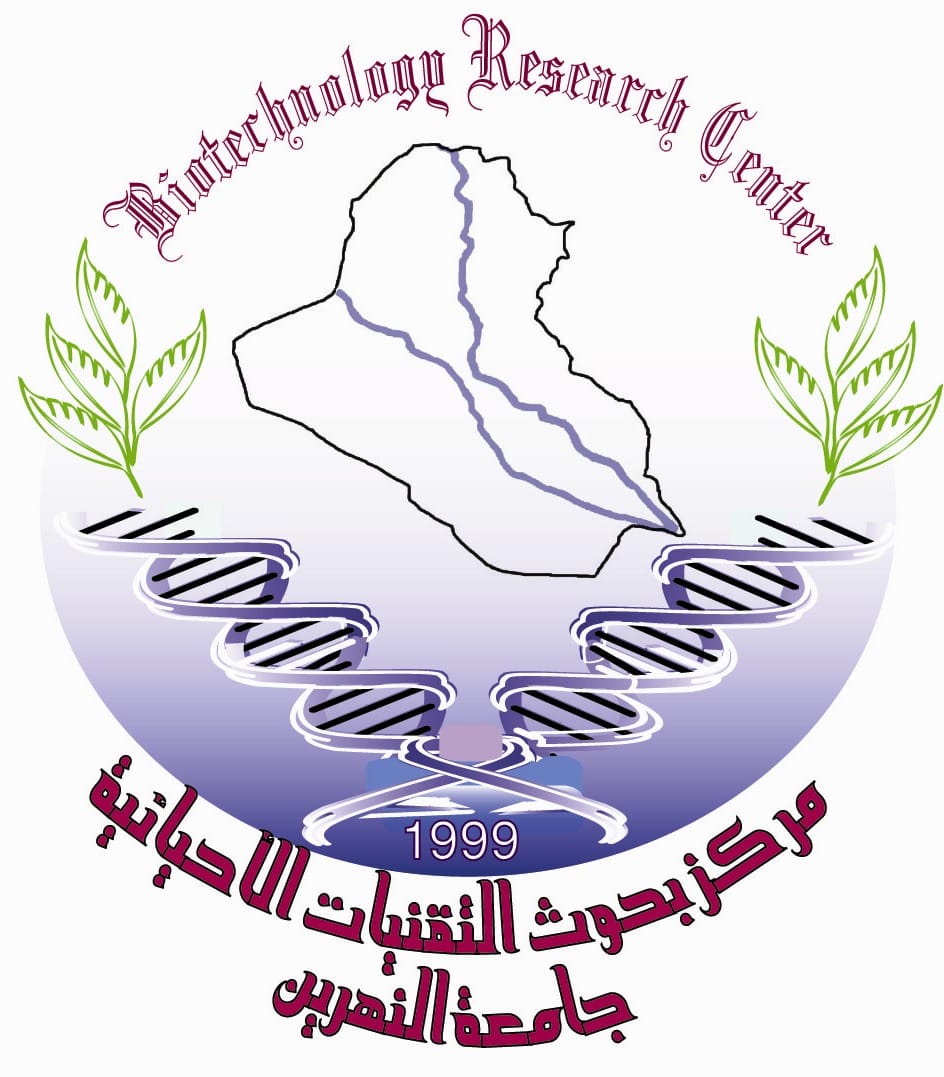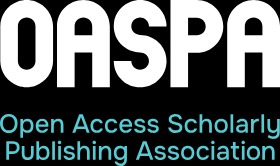Phytochemical and Antimicrobial Study for Phoenix dactylifera L. (Ajwa Date) Seeds Extract
Ajwa Seeds Extract Biological activity
DOI:
https://doi.org/10.24126/jobrc.2024.18.2.880Keywords:
Acinetobacter baumannii, Ajwa seeds, Phoenix dactylifera, Total phenols, Pseudomonas aeruginosa, Staphylococcus aureus, Streptococcus pneumoniaeAbstract
Background: The world is moving towards recycling waste from various sources, especially natural products, and reusing it in various medical, agricultural, and industrial fields. Date seeds are considered one of those sources, as seeds are rich in different natural compounds with nutritional and medical value. Objective: Ajwa date seeds (Phoenix dactylifera) are one of those natural wastes highlighted in this study to investigate their major phytochemical components and their biological activity against some types of bacterial strains compared to traditional antibiotics in terms of effectiveness. Methods: The work was done at the Biotechnology Research Centre/Al-Nahrain University in 2023. The seed powder was subjected to a cold hydro-ethanolic maceration process, and an estimation protocol for qualitative and quantitative analysis with the aid of different chromatography techniques was applied. Phenolic compound extraction with Folin reagent was followed to evaluate the total phenolic contents in the seeds. Total flavonoid content was investigated by applying the rutin standard curve equation. Moreover, high-performance liquid chromatography (HPLC) has been used for the proposed individual components both qualitatively and quantitatively. The biological activity of ethanolic seeds extract residue had been investigated as antibacterial activity against Gram-negative and Gram-positive bacteria isolated from the upper respiratory tract of patients admitted to hospitals at different Baghdad regions between November 2023 and February 2024. Results: Each 100 gm from P. dactylifera date seed produced about 8 gm residues. The ethanolic seeds extract was rich in many secondary metabolite compounds. Salicylic acid, vanillic acid, and benzoic acid represented the major phenolic compounds in the extracted residue among the other phenols. Meanwhile, fewer flavonoid contents have been investigated in the extract. The seed extract suppresses the growth of some bacterial types under study, especially the Gram-negative ones. Conclusions: Ajwa date seeds represent good sources rich in many secondary metabolite components, making the plant a candidate model curative agent for bacterial resistance species that are considered an aggravating problem in society at the present time.
Downloads
Published
How to Cite
Issue
Section
Categories
License
Copyright (c) 2024 Zainab Y.M. Hasan, Ghydaa H. Aljeboury, Wael A. Obaid, Rawaa A. Khalaf

This work is licensed under a Creative Commons Attribution 4.0 International License.
This is an Open Access article distributed under the terms of the creative commons Attribution (CC BY) 4.0 license which permits unrestricted use, distribution, and reproduction in any medium or format, and to alter, transform, or build upon the material, including for commercial use, providing the original author is credited.











